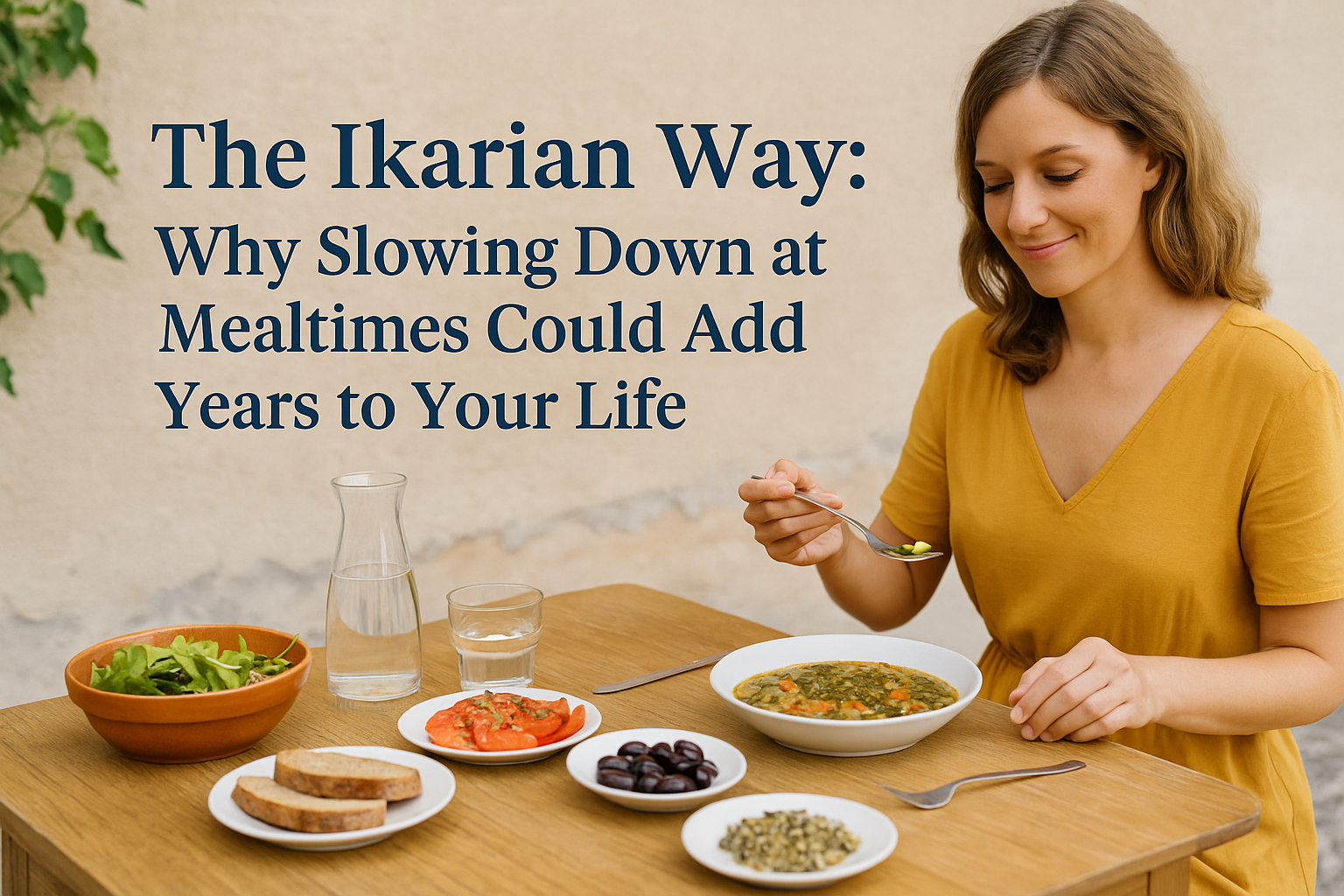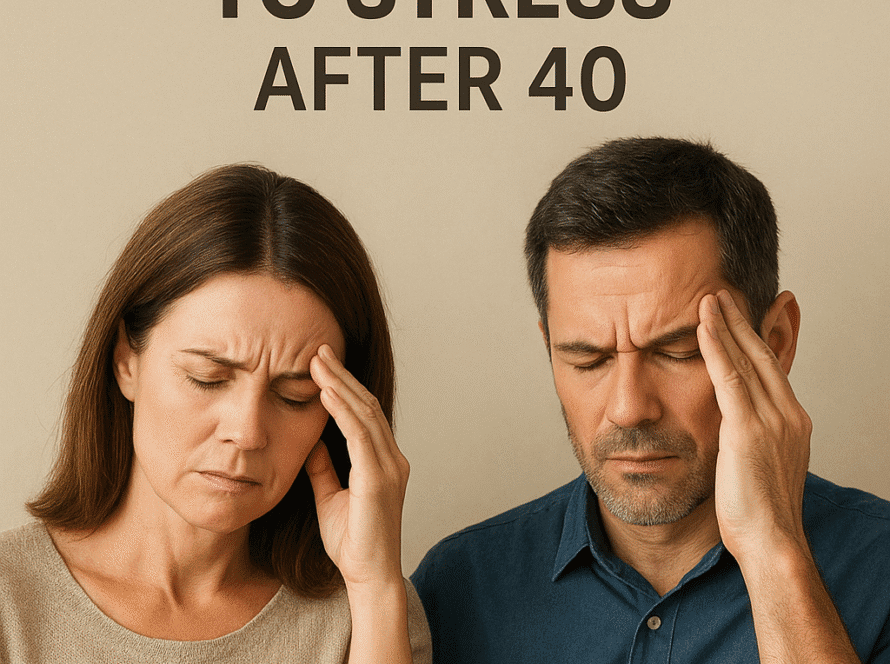Mental Health Awareness Week in the UK runs from 12–18 May 2025, and it’s a powerful reminder that mental well-being is just as important as physical health. This year’s focus gives us a perfect opportunity to highlight one of the most overlooked but impactful tools for emotional resilience: nutrition.
At Blue Zone Nutrition, we explore the power of natural, anti-inflammatory foods rooted in the Blue Zone lifestyle to support your mental health from the inside out.
The Most Common Mental Health Challenges in the UK
Before we dive into nutrition, it’s important to understand what people are facing. These are some of the most common mental health issues in the UK, ranked by prevalence:
- Anxiety Disorders – Panic attacks, generalised anxiety disorder (GAD), and phobias affect millions each year.
- Depression – Often coexisting with anxiety, depression is one of the leading causes of disability worldwide.
- Stress-related Disorders – Chronic stress contributes to burnout, heart disease, and worsens other conditions.
- Obsessive Compulsive Disorder (OCD) – Persistent, intrusive thoughts and repetitive behaviours.
- Post-Traumatic Stress Disorder (PTSD) – Common in individuals with a history of trauma.
- Bipolar Disorder – Characterised by extreme mood swings.
- Eating Disorders – Including anorexia, bulimia, and binge-eating.
- ADHD & Neurodivergent Conditions – Increasingly recognised among adults.
Food and Mood: How Diet Impacts Mental Health
Your brain and gut are in constant communication—what you eat can directly affect your mood, focus, and even sleep. Here’s how:
- Sugar and processed foods can cause blood sugar spikes and crashes, leading to irritability and fatigue. They’re also linked to inflammation in the brain.
- Highly processed ingredients disrupt the gut microbiome, which in turn affects serotonin production.
- Caffeine and alcohol may feel like short-term reliefs but often worsen anxiety and disrupt sleep patterns.
The Anti-Inflammatory Approach: Fuel Your Brain with Natural Foods
At Blue Zone Nutrition, we advocate for a natural, alkaline, anti-inflammatory diet, inspired by the world’s healthiest communities. Here are some key principles to support your mental well-being:
What to Eat More Of:
- Leafy Greens (e.g. spinach, kale, rocket): Rich in folate and magnesium for mood regulation.
- Omega-3 Fatty Acids (from flaxseeds, walnuts, and chia): Crucial for brain function and reducing depression symptoms.
- Fermented Foods (sauerkraut, kefir, kombucha): Promote gut health and serotonin production.
- Whole Grains (quinoa, oats, brown rice): Provide steady energy and support neurotransmitter balance.
- Organic Berries and Citrus Fruits: Packed with antioxidants that protect brain cells from damage.
- Herbs like Turmeric and Ginger: Natural anti-inflammatories that support cognitive function.
What to Avoid:
- Refined sugars
- Ultra-processed foods
- Alcohol
- Artificial sweeteners
- Excess caffeine
Why Go Organic?
Organic food isn’t just a trend—it’s a commitment to nourishing your body without harmful pesticides, antibiotics, or chemicals that can disrupt hormones and mood.
Eating organic means:
- Lower exposure to endocrine disruptors
- Better nutrient density in fruits and vegetables
- Fewer gut-disrupting toxins, which helps your brain thrive
Key Takeaways
- Mental health disorders are common but can be supported with the right nutrition.
- A diet rich in anti-inflammatory, plant-based, and organic foods can improve mood, focus, and resilience.
- What you feed your body is what you feed your brain—make it count.
Ready to Take Action?
If you’re struggling with low mood, brain fog, or anxiety—or just want to optimise your mental well-being naturally—I’d love to help. At Blue Zone Nutrition, we offer personalised nutritional therapy grounded in scientific testing and holistic support.
This blog is for informational purposes only and does not replace medical advice. Please consult your GP or mental health professional for specific concerns.
—
Written by
Milvia
Registered Nutritional Therapist (fntp)
Founder, Blue Zone Nutrition
www.bluezonenutrition.co.uk.
.




